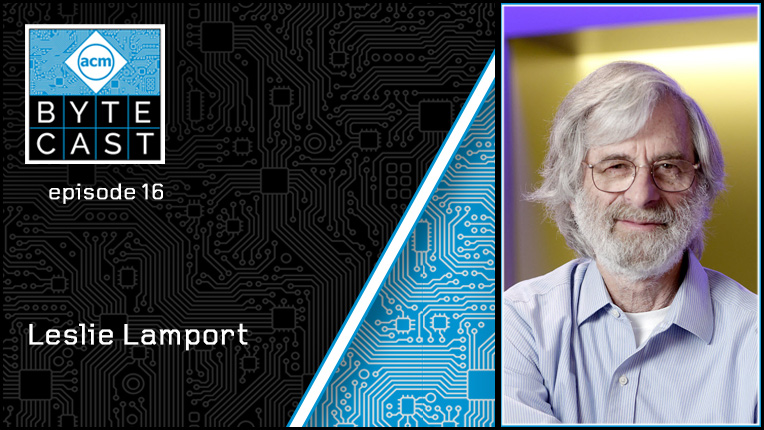Leslie shares his journey into computing, which started out as something he only did in his spare time as a mathematician. Scott and Leslie discuss the differences and similarities between computer science and software engineering, the math involved in Leslie’s high-level temporal logic of actions (TLA), which can help solve the famous Byzantine Generals Problem, and the algorithms Leslie himself has created. He also reflects on how the building of distributed systems has changes since the 60s and 70s.
I had listened to it when you originally posted and had made some annotations, commenting some now
Lamport talks about all this “developers shall be ENGINEERS and know their math”, BUT most software engineering positions are not engineering and even less approach classical engineering. BECAUSE why spend effort learning math WHEN one can use all constructed abstractions to have a greater return on investment with less effort? I do not think people who do high level development need to know their math that they won’t use anyway; but those jobs will likely be automated earlier.
I think, of course, actual engineering comes down when one needs to do lower level development, depending on project domain, or things that need to be correct. I mean, systems cannot be actually 100% correct including the fact chips are proprietary so no way to fully verify.
Interesting to mention on the clocks paper and mention on actual implicit insight is on system’s components using the same commands/inputs/computations to have a same state machine, besides consensus algorithm for fault tolerance, and the mutual exclusion algorithm.
And the ideas coming up when working on problems.


